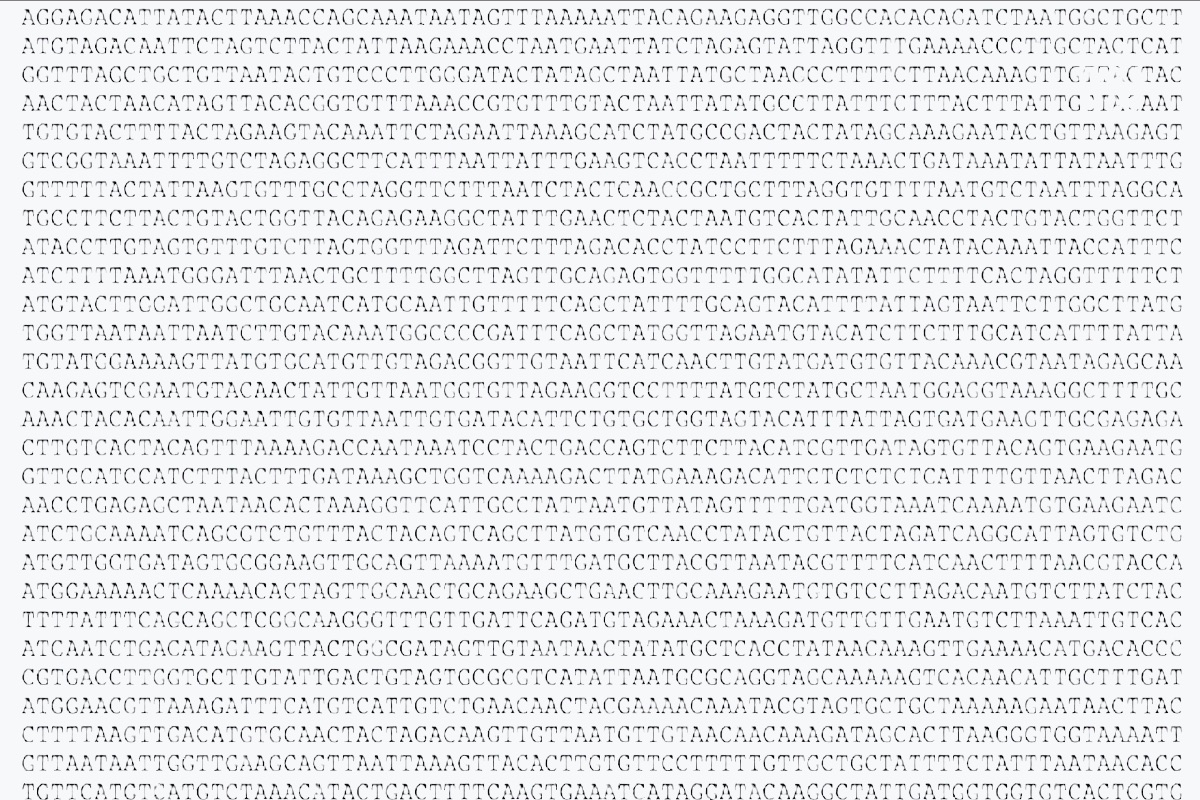| DEALFLOWUPDATE Issue #52. Friday, March 13 |
| Hello Everyone, For this edition of the Zoic newsletter, we’ll continue to cover diagnostic tests, including more coronavirus developments, as well as more non-invasive devices. The industry continues to innovate and develop with the current global situation surrounding the Coronavirus outbreak. I had the opportunity to further discuss the Coronavirus outbreak with Steven Reed, PhD. Reed, one of the foremost authorities in developing vaccines in the world, he has had more than $200M grants to his name and has developed/invented countless lifesaving therapeutics for the world. He and his current team at Onc Bio are one of only four known organizations in the Western Hemisphere developing a Coronavirus solution, in addition to the interesting therapeutics and technologies in their portfolio. Steve and his team have been working around the clock to develop a vaccine. Steve lives within 10 miles of the first reported deaths in the USA (in Kirkland, Wa), and his wife is a nurse at the hospital in Kirkland. Steve is genuinely at ground zero of this new pandemic. We also talk a bit more about the financial market and how professional investors are handling the free fall and recoveries.Listen in to learn more about the process and the production of a Coronavirus vaccine. -Neal If this is your first issue, please subscribe and consider sharing with others. Additionally, we welcome news from our readers, if you’re up to something interesting, let us know. Email chad@zoiccapital.com Podcast  An Infected Market Takes a Turn For the Worst: Guest Steve Reed from ONC Bio Listen in on: Apple Podcasts Soundcloud ShareTweetForward |
Deal Flow Genetic code of Coronavirus Diagnostic Tests, Coronavirus Developments and Non-Invasive Devices The industry continues to innovate and develop with the current global situation. Coronavirus cases continue to increase, especially in the US and Europe. Testing kits are finally starting to be produced in some numbers, by various private companies including the two major blood testing ones. The approval process was dramatically accelerated given the current health crisis. Initial tests did run into some issues as the DNA markers initially used had to be redesigned. This current need for more testing puts even more emphasis on issues that we have raised before – even the most start of the art blood testing, particularly for DNA and RNA, still needs several hours of testing and a lab facility. In an outbreak scenario, the true point of care testing with a near-instant result is it can truly help a person to decide to self-isolate or self-quarantine. This is especially the case here with the coronavirus, where a person can shed the virus without symptoms for several days. Read More In that same line of thinking, an at-home test can be even better in the case of an outbreak or with normal health testing (as we have covered previously). For some of those tests, drawing of blood is necessary as some markers can only be found or are only accurate in the blood. In that case, the actual collection is just as important as the testing device and method, and is often forgotten or underserved. Some companies are developing better solutions though, that not just collect samples in an easier way but, also as important, store and stabilize the important materials like RNA and DNA for longer periods of time. Read More Also in the blood testing market, there still continues to be acquisition activity, specifically in cancer testing and liquid biopsy. Exact Sciences, one of the larger companies in the space has closed the acquisition of two businesses in the same area. This is in line with its own strategy of acquiring either new technology that expands its capability, or tests to cover more types of cancer; both of which are the case in this round of acquisitions. Exact has grown well with its colon cancer diagnostic, but this expands it beyond that single space. Read More In more blood testing news, another test has received breakthrough device designation from the FDA. This is a sensor that can detect if a patient is at risk for excessive bleeding (or lack of blood clotting). This sensor uses a new method to rapidly detect this issue, which can have major complications before or after surgery. It can also be used to determine if the current dose of blood thinners (commonly used) is correct or not, even at the bedside or potentially at home. Read More Lastly, in news related to noninvasive surgery, a startup company has raised a large amount on its technology platform which can treat tremors, such as from Parkinson’s with noninvasive ultrasound. This technology can actually replace invasive surgery that removes parts of the thalamus responsible for tremors. These are for cases severe enough that the patient is not responding to medication. Read More What We’re Reading NBC News Why Did the Federal Reserve Inject Half a Trillion Dollars Into the Financial System? Wired Data Sharing and Open Source Software Help Combat Covid-19 No Mercy / No Malice The Only Thing Better Than Recurring Revenue Is a Recurring Revenue Bundle The Verge Co-Founder and Technology Advisor Bill Gates is Stepping Down Connect With Zoic Capital |
| The Biweekly Dealflow Update, curated by the team at Zoic Capital. |

Blog
Diagnostic Tests, Coronavirus Developments and Non-Invasive Devices
© 2026 Zoic Capital.
Close Menu
Contact Us
113 Cherry St.
PMB 2981
Seattle, WA 98104-2205
E: hello [at] zoiccapital.com

